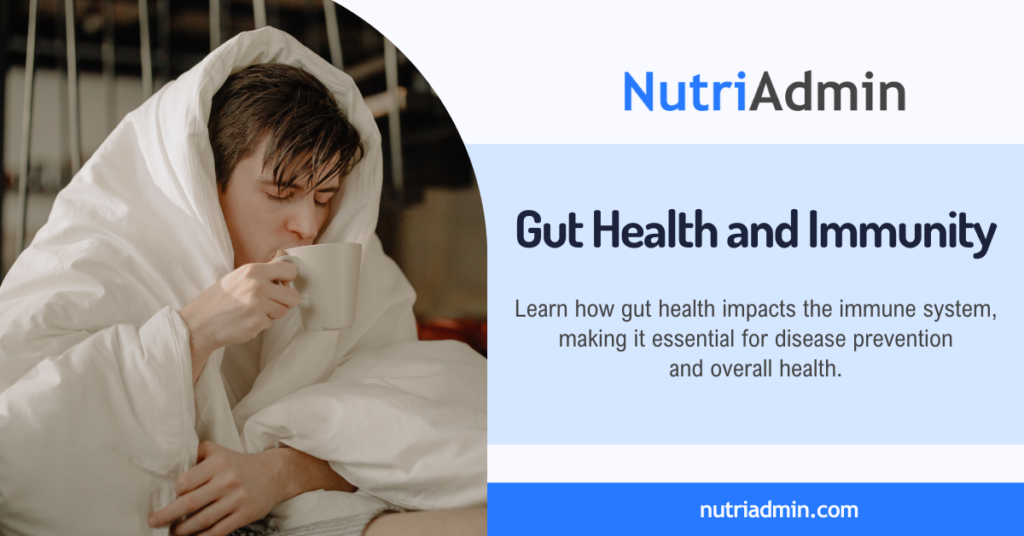Often when discussing allergies, we often assume severity is proportional to the level of exposure to the allergen in question, let’s assume in this instance peanuts. The logic goes that the more peanuts someone with a peanut allergy is exposed to, the more intense the immune reaction from the body and vice versa. But what of the relationship between extrinsic factors such as sleep and allergies?
Although this logic is true in relation to an increase in dosage, the opposite is not; lower doses do not always trigger a lighter reaction and there are a host of extrinsic factors that can affect the threshold of an allergic reaction. Factors such as sleep have shown to play a pivotal role in allergen sensitivity. This article looks at a recent publication which assesses the relationship between sleep and allergies.
The Research
A randomised cross-over clinical trial, funded by the Foods Standard Agency (FSA), investigated the association between extrinsic lifestyle factors such as sleep duration and its association to the severity of reactions when individuals were exposed to specific allergens.
Within the trial 126 adults, with diagnosed peanut allergies, were recruited to undergo four allergen exposure tests over a twelve week period. Two of these assessments were done in conjunction with different extrinsic factors, thought to influence allergen severity, such as sleep deprivation and physical activity.
The metric of interest was the amount of the allergen that was necessary to induce an allergic reaction. Researchers took baseline allergen measurements from participants providing them with a controlled amount of peanut protien until an immune response was achieved.
This method was repeated four more times with respect to controlled exposure to extrinsic variables such as sleep deprivation or bouts of exercise. The full methodology can be found on the FSA website.

University of Manchester
Key Findings between sleep and allergies
Of the 126 participants who enrolled onto the study only 100 were randomised into groups to assess how much peanut protein would elicit an autoimmune response under the controlled extrinsic scenarios. (i.e. sleep deprivation)
From the baseline, on average, participants elicited an allergic reaction from an oral intake of 214 mg of peanut, or just under the average size of a single peanut (330mg).
Extrinsic factors such as sleep deprivation were shown to half the average minimum intake of peanut needed to elicit an allergic response. Put simply, subjects needed less than half a peanut to cause an allergic reaction.
The study also found that bouts of exercise increased elicited responses with a smaller dosage of peanuts, for the top 1% or most allergic population. Put even more simply, for those who already required very little peanut to elicit an allergic response, their threshold decreased further, after low bouts of exercise, suggesting dosages less than 1/30 the size of a peanut could induce an allergic reaction for these hyper-allergic populations.

Takeaways on sleep and allergies
Sleep and allergies are a pairing one wouldn’t immediately think have a strong relationship but the research has shown there to be a statistically significant relationship between the two.
The threshold of reactivity or the amount of an allergen needed to induce an allergic response shows to decrease as extrinsic factors including sleep deprivation and exercise increase. This decrease puts those with allergies at greater risk of a reaction as they will need far less of it to induce anaphylaxis. While we do not have the full picture yet, this research brings to light the complex inter-varied relationship between lifestyle and health. While I wouldn’t advise anyone to give up physical activity, I would look at this research as a cautionary tale to those with even mild allergies, as it may only take a bad night of sleep and a heavy day at the gym to make you more than mildly allergic.
That being said…It’s important to never take a single research study and apply it to life as if it were canon. One should always read between the lines. Only 100 participants were involved in the study, which makes it difficult to generalize to the whole population. One should not reject the evidence but always address it with respect to its place in the evidence hierarchy.

population and in determining suitable margins of safety within food regulation policy.
If you’re ever worried that you’re not getting enough sleep, check out our blog post on becoming a productivity machine which sets out some of the key tips that can help you in achieving a more ordered lifestyle.




